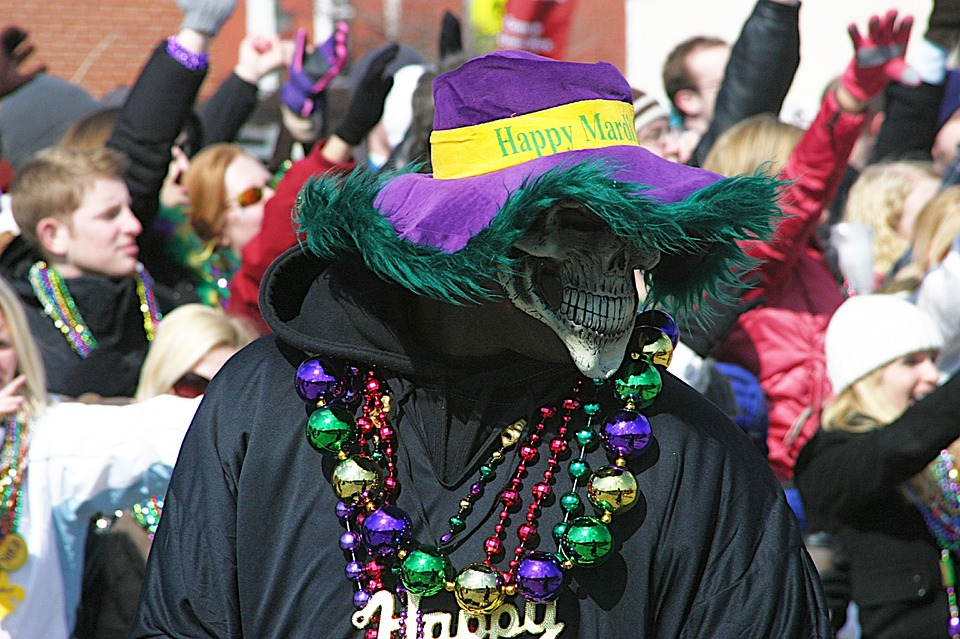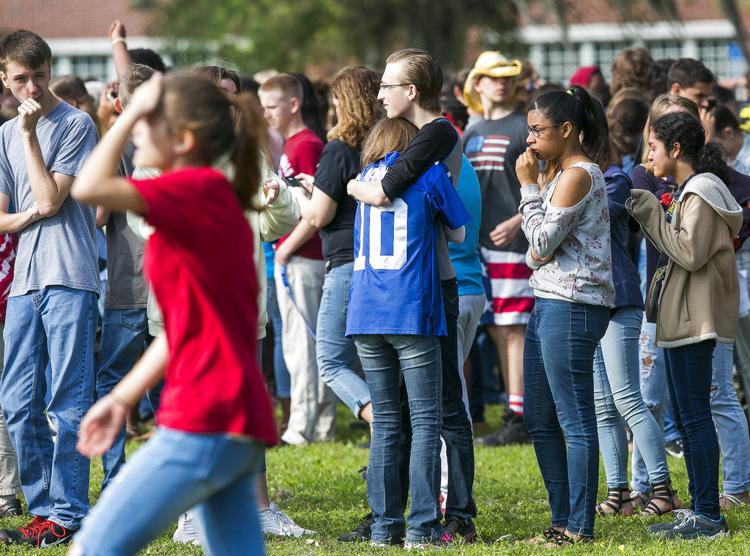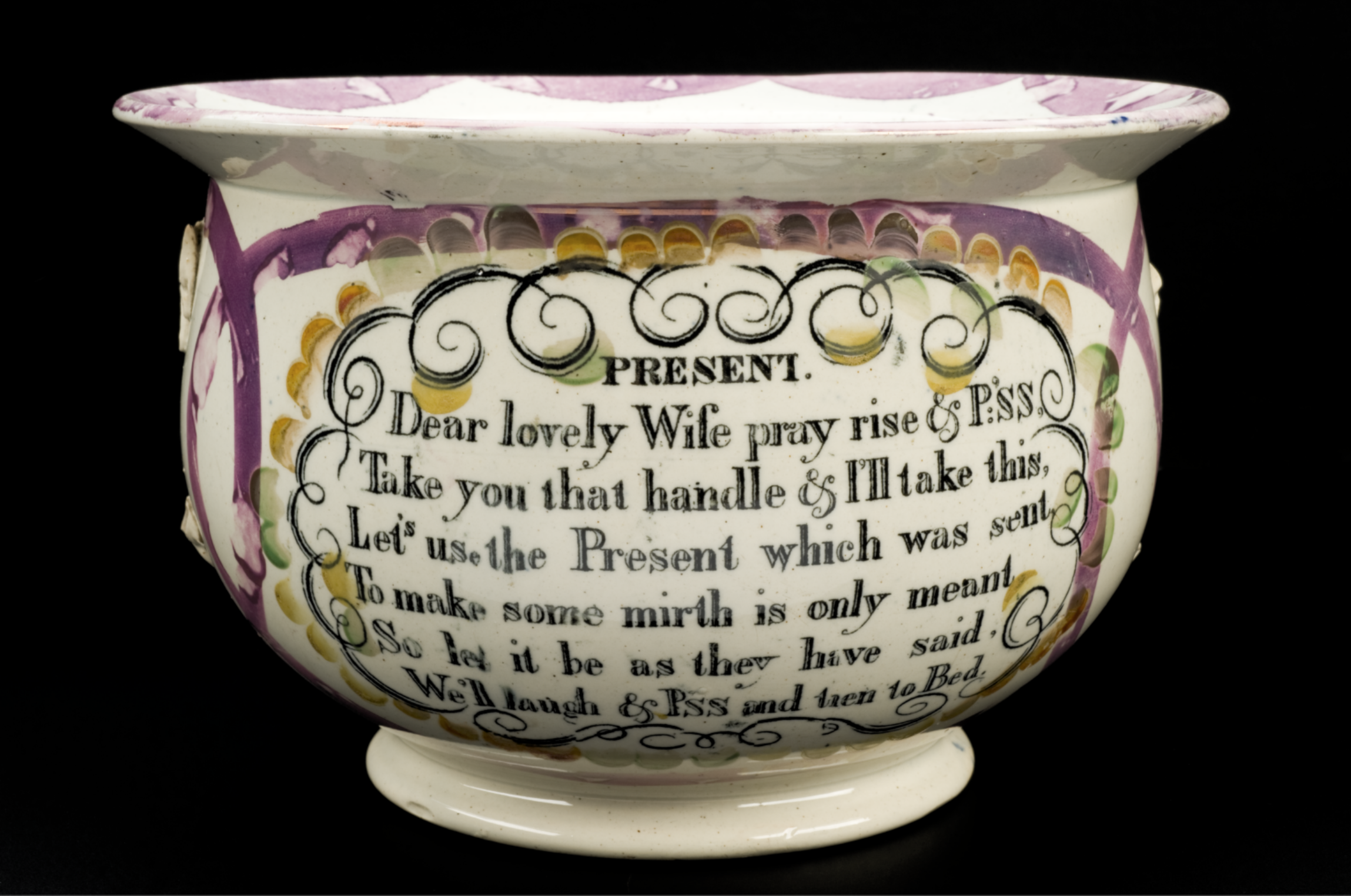
The virus had surfaced in secret, but one of countless viruses shed by the wings of bats, passing through dragon-scaled aardvarks and into ferrets before finding its final home in humans. Rarely had any plague or contagion in history conducted its business on such infectious terms. Fever marked its onslaught—the delirium and the hellfire of fever. Next came freezing chills, and ghastly fatigue, and then agonizing aching throughout the body, with suffocation at the end. The dry and endless coughing drove all compassion and camaraderie even from the companions of those afflicted. Its victim might rise in the morning, set out on a walk to work, then drop twitching in the street upon returning in the evening. It fed on closeness, and the crowd.
"The dry and endless coughing drove all compassion and camaraderie even from the companions of those afflicted. Its victim might rise in the morning, set out on a walk to work, then drop twitching in the street upon returning in the evening. It fed on closeness, and the crowd."
Jefferson Eugene knew none of this when the door of his taxi cab opened. One by one, the faces of his fares appeared and faded, faces from those nations stricken most by the virus—Italy, China, France. When each ride was over, through surreal, carnival streets strewn with strings of beads, with skeletal figures costumed in voodoo purple and beribboned skull masks, his customers would cough into a loosely-clenched fist, then opening it, hand him their breath-dampened ten- and twenty-dollar bills. The revelers’ jubilance rolled through his cab windows in draughts of transmitted debauchery.
The city had been scolded not to panic. Stands, ladders, and walls of scaffolding were erected along the street for elevation of viewers over the endless parades, as though the loftiness of vantage point might indicate some sort of superiority over the need for caution—spelled out in black letters across bright yellow tape below. The beer gardens overflowed, their patrons passing huge, heady cocktails to each other, drinking one after another from shared goblets. There were guitarists, there were psychics with tarot cards, there were silver-sprayed mimes, there was Gaiety, there was cake. Here was Security in blue uniform, close-by. The virus was distant.
All day, every day and late into the night, Jefferson Eugene transported his passengers from fantasy to fantasy amid the feasting and spectacle.
It was a sensuous streetscape that carnival, formed of seven famous streets. Many cities evolve haphazardly, their roads the result of what once were merely the ruts of regular citizens about their ordinary errands, so that no law or beauty of symmetry or purpose is apparent in their layout. But this had not been the case here, when the city’s cartographer, in his love of order, had drawn out its formal square. Its heart was a perfect grid in which every pedestrian or driver could be assured of six blocks in one direction and eleven blocks in the other. There were exact, straight lines to all seven streets. Not only were they designed upon the earth as though by a measuring ruler, but their names, too, each came from some governing ruler of royal repute. At the center of this precinct stood a cathedral before which artists displayed their works for sale; and dancers tapped, and musicians played their songs for gratuities gathered in top hats or violin cases. Because of the rigid buildings surrounding on all sides, the air was ever calm, for no disturbing, migrant current could ever come through.
Each street had its distinct character and recognition, with everything seemingly transparent, open to view. The first was the street of mansions, with its magnificent and lush courtyards, cloistered from traffic by wrought-iron gates or high fences, allowing a glimpse into their privacy. The second street teemed in every color with art shops, from which the art could not be contained within the shops alone, but overflowed onto the city curbs. The third was the street of thirst, bursting with brasseries and bars, patrons gazing out onto revelers through gleaming panes. The fourth was the street of theater, where aspiring thespians leaned out balcony windows, and loudly called down to both tourist and native. The fifth was all business—cold chrome and polished glass with no soul; the sixth, carnal pleasure, filled with the aromas of cheap perfume, sweat and musk, offering lewd views onto couch and stage. The seventh street was crowded with priests and shamans and psychics; there were magicians and conjurers and every embodiment of mystic spiritualism. Yet, on this street only, there were no windows or friendly fences where any insight might be gained. The architecture was solid, seamless and unbroken, the doors closed.
Now Jefferson Eugene knew each and every stretch of these streets with the intimate, consuming knowledge not only of a native, there born and cultivated, but of someone whose very survival depends on expert acquaintance with a thing. For him, there was no escape from the navigation of these streets, if he were to continue to exist. The witches of the seventh street had their familiars in ravens or cats, by which to work their talents, and earn their bread. Jefferson Eugene’s familiars were his wheels.
It was on this seventh street that stood the white cathedral, an enormous clock on its facade. From behind the church’s massive doors—perpetually closed, like everything else on that street—came the roar of a pipe organ occasionally; and on the hour, when the straight, black minute-hand reached the plain numeral on its pure face, sounds of solemn bells rang out erratically over the constant crowds. So benign were its notes that the masses never so much as paused from their activity. They seemed not even to notice the tolling; thus the professors at the plaza went on reading their books, to the clop of passing mules pulling carriages nearby. The steam calliope on a riverboat opposite the great sanctuary continued to deliver its ludicrous melodies, indifferent and fixed. A stream of worshippers emerged from the gothic church with looks of faith strong enough to be taken as impudence, unreflecting on the sounds abounding above. Some maintained their movements as though completely immersed in the moment, without expressions of wonder, but even those who did not continued their activities in a spirit of certainty that the peals would come again, and therefore, were not to be taken with much seriousness or awe. Even the prophets of the Gospel, crying out at the plaza for repentance from heathen, pagan passersby, went obliviously on with their warnings, unsuspended by the sound.
Yes, over all this call to gravitas lay gaiety like varnish. But Jefferson Eugene was a simple, un-idealistic man. He had a routine between every destination. He disdained the unfrequented path. His cab drives were cautious and calm, and his face kept a contented smile. There were many who called him generous. His customers tipped liberally. His underlying heart problems would never have been guessed by those who saw only the signs of a strong and kindly character.
He was the authority, for the most part, on the navigation of the seven streets, upon celebration of this famous bacchanal; and his guided drives gave flavor to the bacchanalians. There was great flair and pageantry and zest and fantasia. There were serpentine silhouettes with unseemly torsos and outfits. There were mad imaginations such as the styles of maniacs: harlequins in ludicrous motley, mannequins in crazed drag. There was much of the ravishing, much of the lewd, much of the freakish, a trifle of the abhorrent, and enough of that which could arouse nausea. Back and forth through the seven streets pursued, plainly, a slew of illusions. And these illusions twisted toward and away, colored by the streets, the lush jazz in the air suggesting the time signatures of their footfalls. And again, there toll the bells which hang in the belfry of the chaste, while all are aloof to the call from the cathedral. Fluid are the illusions as they move.
But the music of the knells dies away—it has lasted briefly—and a slight, half-grave laughter follows as it leaves. Now the party enlarges, and the illusions persist, twisting back and forth more gaily than before, colored by the shop bays from which the scents of liquor and rich cuisine drift. But on the street of the spiritual among the seven no maskers dare, because darkness is falling; daunting shadows slide onto the solid facades; the gloom, reinforced by fainted paint, unnerves; and for those who walk through the bricked alleys, there comes from the cathedral bells an echo more deadly serious than it does to any who cavort in the debauchery of the other streets.
Even so, the other streets were mobbed, and through them Being pulsed feverishly. The celebration continued spinning, until finally there began the pealing of midnight atop the cathedral. And next the jazz went on, as I have said; the gestures of the drinkers continued, and there was no unpopular end to any previous thing. But now the end of the day was to be heard by the bell of the cathedral; maybe with more creeping thought, with more attention from the few considerate among those who caroused. And it occurred that before the final resounding of the final peal was buried completely in stillness, some in the masses began to feel a fever unlike the customary excitement experienced every year at carnival. And the rumors of this novel specter having hinted intimately around, there came in spite of all a cough of dismissal, and of rebellion.
In a gathering of passionate apparitions like I have described, it might easily be assumed that no such twinge of delirium could have provoked notice. In truth, the burning temperature of the night was measureless; but the flush in question had outdone Fire, itself, and gone beyond the limits of even the cab driver’s blistering engine. There are nerves in the skins of the wildest creatures which cannot be touched without some alarm. Even with the completely savage, to whom existence and destruction are ice-cold alike, there are sensations to thaw the frozen. Those in the mob who felt it, indeed, seemed now to perceive intensely that in the degree and duration of the warmth neither bliss nor bloom lived. The fever was high and dry, and spiked between chills so violent as to cause the chipping of their teeth. Redness inflamed the membranes in the eyes of some; this would have been mistaken for the effects of alcoholism, but for the bloody intensity. Regardless, the condition might have been tolerated, even boasted of, by the rude revelers around. But a few had begun to drop jerking to the curbs. They bit their tongues and blood poured—then their sweating brows, with all the furrows in their masked faces, ran with the grisly wine.
When the eyes of Jefferson Eugene focused on these eerie scenes (which, with cases here and there, as if to hide and infect more widely, showed at intervals among the krewes) he appeared to be confused, at first with an urge either to snicker or chuckle; but then, his lips trembled with shame. “Who dat?”—he challenged, within the silent chamber of his mind—“who dat, shamin’ us with this foreign foolishness? Get them up from that curb, take off that Baron—get me those Pierrots’ whereabouts out Elysian Fields, so we send them back, Ash Wednesday!”
It was the second street—the street of art—down which drove Jefferson Eugene as these thoughts voiced themselves. They rasped like phantoms soundlessly throughout the seven streets, for the cab driver was a circumspect and vigilant man, and the commotion of the public partygoers was hushed by a waving of his hand out the driver’s-side window. He drove with a businessman from Wuhan, China, at his back. At first, as he mused, there was a faint coughing from this customer who sat watching the fallen and feverish masqueraders, who, in an instant, were passed, and now, with spasm and seizure, rolled far behind the pensive driver. But from a definite, anonymous dread by which the convulsions of the masqueraders had distracted the customer, there were none who aroused enough morbid curiosity; so that, out of sight, they inspired no glance backward from him; and while the debauched mob, as if in one sickness, shrank from view, the customer wiped profuse perspiration from his cheek, keeping his eyes fixed on what was currently passing. Yet the same feverish seizures which he had distinguished from the beginning of the ride continued to recur in the crowd, down the third street to the fourth—down the fourth to the fifth, the business street—down the fifth to the sixth, the street of carnal pleasure which was his destination.
It was there, though, that Jefferson Eugene, saddened and ashamed by the lack of charity towards his fellow citizens revealed by his thoughts, braked abruptly at the address he had been given, while no other taxi cab slowed or stopped, as occupants sought a sixth street night of fleshly thrill. He glanced at the amount owed to him in payment, and had turned, with preoccupied impatience, holding his upturned palm within inches of the Chinese customer, when the latter coughed into his own; then, having pulled several bills from his person, laid the cabbie’s payment wetly onto the outstretched hand. There was a swish of paper as Jefferson Eugene placed the bills onto his dash, then sniffed and with the same fingers which had received his reward from the Wuhan traveler, he swiped a bit of sweat from beneath one nostril, firmly touching his face. Then roaring with the frenzy of pride, a throng of the sixth street crowds closed around the opening cab door, and absorbing the figure of the emerging businessman, whose exotic figure arose dignified and graceful among the aromas of incense and body oil, recoiled in terror from seeing him collapse in lethal fatigue with shivering shoulders which they had briefly, casually brushed when he stepped out.
And now the presence of the Fever announced itself. It had arrived like the Angel of Death, in a transcontinental flight on white wings. One by one bent the revelers above it, each soaking up the raging contagion shed from its host. The cathedral bells refused to ring as suddenly the revelers realized their silence. The protective masks slipped from their heads, exposing their breaths to the contaminated atmosphere. And Dead Air and Corruption and Fever hung invulnerably over all.

